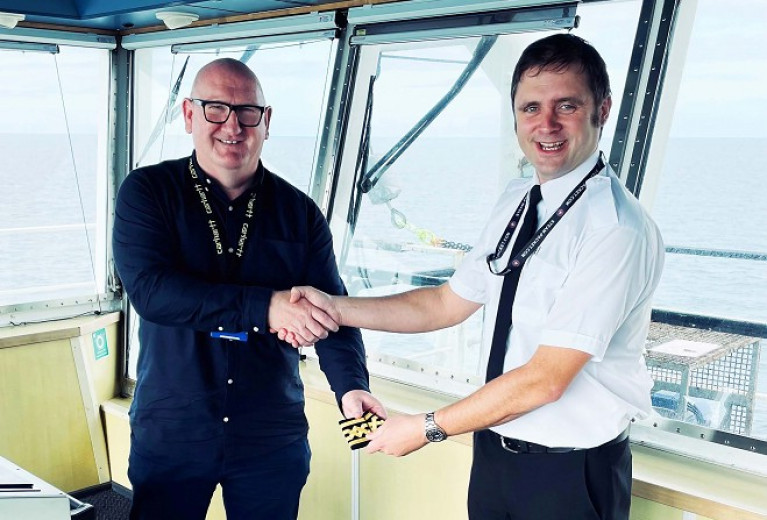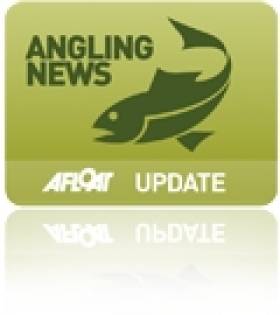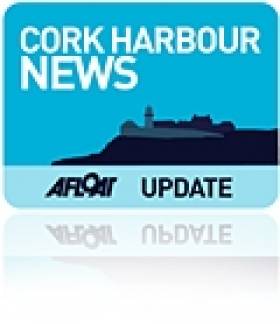Displaying items by tag: promotion
Crew Member of Isle of Man Ferry Promoted to Relief Master
Ferry crew member, Scott Kaniewski has been promoted to the rank of Relief Master of the Isle of Man Steam Packet ro-pax Ben-my-Chree which operates between Douglas and Heysham in north-west England.
Kaniewski joined the Isle of Man Steam Packet Company in 2014 from Global Marine Systems where he worked his way up from Deck Cadet – with responsibility for cable repairs in both shallow and deep water.
In addition Scott's involvement in ship conversions and new builds, all the way up to Third Officer/Junior DPO, Second Officer and then Chief Officer.
Upon his arrival at the Steam Packet Company, Scott worked as a Second Officer and then Chief Officer on board the Ben-My-Chree.
In 2017, the Company supported his application for study leave to gain his Masters Certificate of Competency, and in 2019 he transferred to fast craft Manannan to sail as Chief Officer.
Over the past month Scott has been Master training on the Ben-My-Chree to obtain his Heysham Pilotage Certificate, and on Thursday 12th August he took command as Relief Master of the ro-pax. In the near future he will also be trained as Relief Master on Manannan.
Commenting on the promotion, the company's Managing Director Brian Thomson said: ‘Scott’s progression through the ranks is a perfect illustration of the fantastic career opportunities that are available for those who choose a career at sea.
He added "it is a truly rewarding industry for those who work hard. He is very deserving of this great achievement and we wish him many years of sailing with the Isle of Man Steam Packet Company.’
Fishing in Blue Stacks Highlighted in New Film
#ANGLING - A new film on fishing in south Donegal will have its premiere this Thursday, the Donegal Democrat reports.
The film, The Blue Stack Mountains, is the fourth in a series on angling in Ireland by German producer Dietrich Bohnhorst, whose previous angling documentaries have been broadcast on television around the world.
According to Bohnhorst, who has lived in Donegal for 25 years, his latest film “describes a journey from Glenties, through Commeen, Stranorlar, Ballybofey and back over Barnesmore Gap to Donegal town."
It also pays special attention to “about 40 lakes which lie in the Blue Stacks, how to get there and where to fish, what flies to use and so on.”
Bohnhorst hopes his film will help to break the "invisible line" that he says has cut off the "under-promoted" Donegal from the marketing of angling in Ireland.
All are invited to the premiere at Solis Lough Eske Castle this Thursday at 8pm. Admission is free.
New Website for Cork Harbour
A new website for Cork Harbour has been launched at CorkHarbour.ie providing up-to-dae information for local residents and anyone who uses the harbour.
The site features videos and photo galleries of habour life as well as links to groups and organisations based in the area, and intends to promote the wide range of things for locals and visitors alike to see and do both on and off the water.
The site also includes links to the harbour's new Twitter and Facebook pages to get the very latest news.
Cork Harbour spans a wide area that stretches from Roche's Point in the east, taking in the city of Cork, all the way to Fort Camden, near Crosshaven, in the west.
For more information visit CorkHarbour.ie.































































